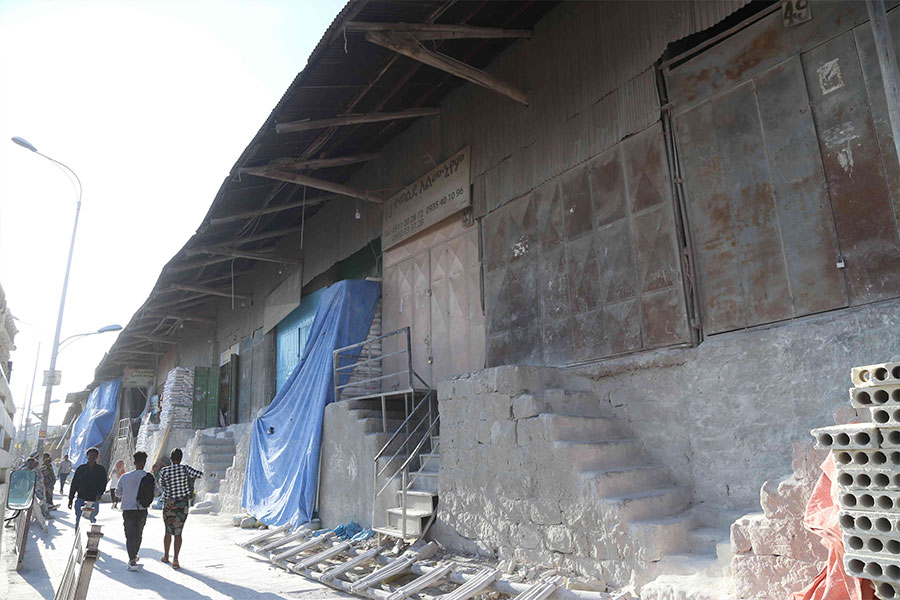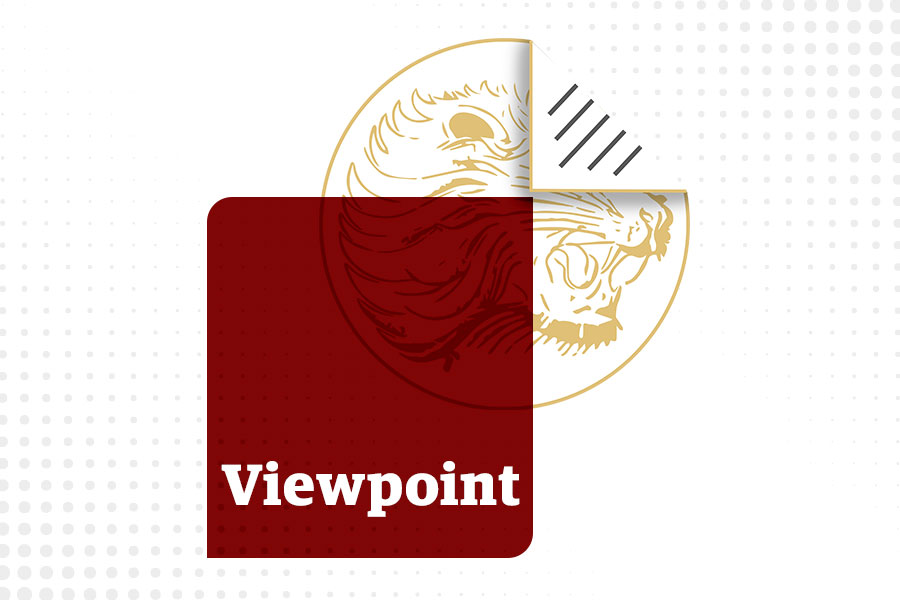
Jul 10 , 2021.
There is no shortage of drafts beings drawn, and bills authored these days. The more novel one is the National Startup Act. Formally known as the "Start-up Business Proclamation," it was drafted by the Ministry of Innovation & Technology, which proposes forming a Council to supervise a national innovation fund. The authorities believe the Council can be a vehicle to mobilise resources from the public and the private sectors, including equity firms. Proponents of the Startup Act argue that early-stage seed funding will help unlock entrepreneurship across the country..
This is good news, especially as Prime Minister Abiy Ahmed (PhD) administration seems to be on board with such initiatives. From the amendment of the six-decade Commercial Code and the recent strategy for national digital payments regime to the push for economic open-up, the direction the state is taking is clear, even if there are bumps in the way.
It is also one more step, if not a refreshing departure, from the singularity and narrowed focus on agriculture and manufacturing. The modest gains that have been made in the information technology sector point to what is to be a two-frontal growth model. One grapples with the stubbornly subsistent agriculture sector to unlock labour productivity in industries. The other is the urban-focused, in the digital and communications space. It has proven itself valuable in introducing new financial services and made widely available information about goods and services between economic agents. Most certainly, the nascent sharing economy has created job opportunities in its own right.
These changes in the economy are not to be understated, as a recent report on Ethiopia’s digital economy released by Cepheus Research & Analytics showed. Banks handle over a quarter of a trillion Birr annually in transactions value through digital channels, and Ethio telecom is advancing its customers 1.1 billion Br worth of airtime loans each month. The taxi-hailing industry is estimated to be providing 90,000 rides every day.
Bringing about these changes has required profound engagement with international multilateral institutions such as the World Bank and bilateral aid agencies like the USAID. These are the Good Samaritans shepherding and funding rural electrification and digitisation programs, helping in designing policies and strategies as well as integrating them with already available resources and systems.
But it still does not go long enough where it matters the most – regulations and enforcement, where the bureaucracy is supposedly invaluable. Ethiopia`s bureaucracy is far from catching up with the tenets of the sharing economy, whose foundation is the information technology infrastructure. With it comes a tectonic change in consumer behaviour that needs to be channelled to the right course.
Effective public administration to facilitate economic development, no less a transformation, requires a professional and competent ‘army’ of public servants to turn what is on paper into practice. This is easier said than done. Subsequent administrations have had to grapple with the lack of rules and Weberian rationalism and an overload of favouritism, informality and lack of continuity.
There has also not been a shortage of proposals to end the bureaucracy's notoriously poor performance and rampant corruption, the latter of which gets much airtime in television drama to create awareness. The outcome is all but impressive.
One of the earliest attempts at improving the bureaucratic system was the Civil Service Reform Program, initiated in the mid-1990s. It had aimed to improve “effectiveness, efficiency and ethical behaviour in performance and service delivery,” according to the then Ministry of Civil Service.
Included in this was a strategy that looked to a concept first popularised in the Harvard Business Review, known as business process re-engineering (BPR), a ubiquitous term that eventually became closely associated with downsizing. It was hailed as an organisational strategy best suited to focus on efficiency and eliminate redundant processes.
Another jab at improving the effectiveness of the bureaucracy looked to the East, with the Japanese Kaizen, a business philosophy on “continuous improvement” of organisations. There is even an Ethiopian Kaizen Institute established to help public and private working spaces improve their systems.
None of these attempts is in themselves unnecessary. As a long as a bureaucracy is a mass of people coming together to execute a specific service, there is a system that could be bettered through organisational management strategies. Unfortunately, what ails the civil service in Ethiopia is not a lack of applicable processes and systems. What afflicts it is that it does not function as a business or a corporation but as an entity with greater loyalty to cadres than service users.
The politicisation of the bureaucracy has often come at the expense of meritocratic hiring and promotions. It has turned the civil service into a political class onto itself, which cares more about the survival of its own organisational culture and vast apparatus instead of the citizens it deals with daily. Management strategies and philosophies such as BPR and Kaizen assume service efficiency as the end goal of an organisation - politicisation means that the whims of public office holders trump the interests of members of the public.
Civil servants can become productive if their incentives are aligned with that of citizens and the policies drawn. At the very least, this requires improving the pay and benefits of those serving in the civil service, which has not kept up with the rising cost of living. Many university graduates see joining the public service as a last resort to the private sector.
Nonetheless, how incentives for employees can infuse energy and dynamism into an institution is evident with the Agricultural Transformation Agency (ATA), which gets funding from development partners. When formed, with much of idealism than a dose of realism, the agency was lubricated with generous funds from international donors such as the Gates Foundation.
Every public institution cannot be externally funded, though. Neither is there much fiscal space for raising public sector wages to the level the private sector offers. But benefits could be distributed more effectively if public sector jobs are not used as currency to buy political loyalty. Even the meagre pay and benefits from promotions and new hires are dead weight if not distributed according to merit and proficiency.
Some public offices have already made significant improvements, helped by e-government services, such as the Driver & Vehicle Licensing & Control Authority. Renewing a driver’s license is now a half-hour affair, involving minimal contact with employees, waiting is orderly, and turns are announced over a public announcement system. The new passport is renewed on-site within about 10 minutes, removing the need to bribe anyone for quicker service.
If this can be done for driver’s license renewal, there is no reason that bureaucracies, from city halls to revenue authorities, cannot replicate it.
PUBLISHED ON
Jul 10,2021 [ VOL
22 , NO
1106]

Fortune News | Nov 09,2024

Viewpoints | Sep 08,2024

Fortune News | Jul 15,2023

Life Matters | Aug 10,2024

Radar | Jun 15,2025

Fortune News | Oct 22,2022

Viewpoints | Apr 22,2023

My Opinion | Jul 17,2022

Viewpoints | Aug 18,2024

Commentaries | Mar 19,2022

My Opinion | 131453 Views | Aug 14,2021

My Opinion | 127805 Views | Aug 21,2021

My Opinion | 125786 Views | Sep 10,2021

My Opinion | 123421 Views | Aug 07,2021

Dec 22 , 2024 . By TIZITA SHEWAFERAW
Charged with transforming colossal state-owned enterprises into modern and competitiv...

Aug 18 , 2024 . By AKSAH ITALO
Although predictable Yonas Zerihun's job in the ride-hailing service is not immune to...

Jul 28 , 2024 . By TIZITA SHEWAFERAW
Unhabitual, perhaps too many, Samuel Gebreyohannes, 38, used to occasionally enjoy a couple of beers at breakfast. However, he recently swit...

Jul 13 , 2024 . By AKSAH ITALO
Investors who rely on tractors, trucks, and field vehicles for commuting, transporting commodities, and f...

Jun 29 , 2025
Addis Abeba's first rains have coincided with a sweeping rise in private school tuition, prompting the city's education...

Jun 29 , 2025 . By BEZAWIT HULUAGER
Central Bank Governor Mamo Mihretu claimed a bold reconfiguration of monetary policy...

Jun 29 , 2025 . By BEZAWIT HULUAGER
The federal government is betting on a sweeping overhaul of the driver licensing regi...

Jun 29 , 2025 . By NAHOM AYELE
Gadaa Bank has listed 1.2 million shares on the Ethiopian Securities Exchange (ESX),...